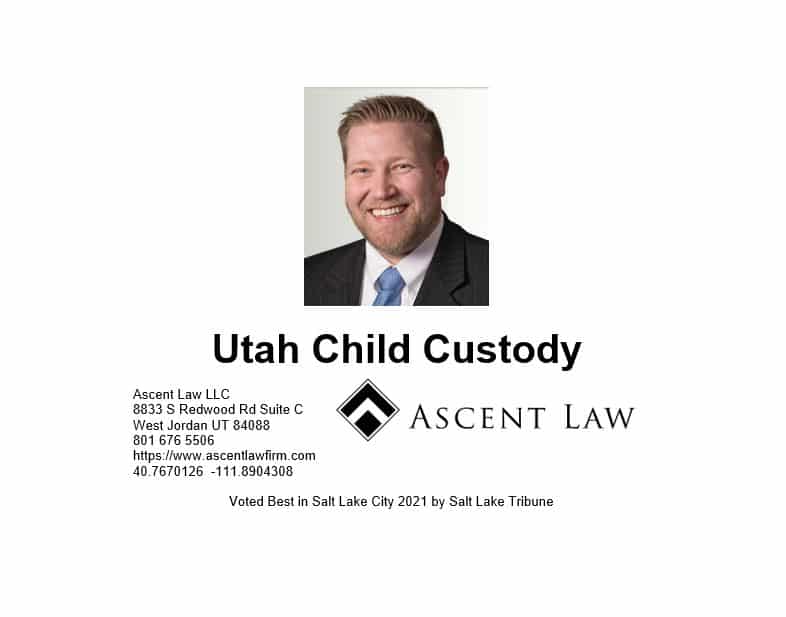
Joint custody in divorce proceedings means that both parents will maintain joint authority over important decisions pertaining to the child’s upbringing. This means that they will be expected to work together in making key decisions regarding the child’s religious upbringing and general education. In most cases, both parents are considered equal in the eyes of the law and neither parent has more rights than the other.
Remember there are 2 types of custody: Physical Custody and Legal Custody.
The power of each parent to make decisions regarding their child is based on the best interest of the child standard. The one who stands to benefit from a certain decision will be permitted to make that decision, although this is subject to change if a new situation arises or if there are compelling reasons for making an exception.
Many parents want joint custody of their children in a divorce. However, not all forms of joint custody are equal. In some circumstances, joint custody can be beneficial for the child and the parents. However, when a couple has marital problems or if there is violence in the home, joint custody may not be as good of an option as it seems. When deciding whether or not joint custody is right for you and your family, consider each of the following four types of joint custody to have an idea of what you’re getting into.
In a divorce, the court may award joint custody to parents who are both fit and willing to cooperate in raising their child.
Joint custody usually implies that the child will split time living with each of the parents. This allows both parents to be involved in the child’s life, which research has shown is beneficial for children. The parents need to decide between themselves how much time they’ll spend with the child and when it will occur. If they can’t agree, they can go to court for help.
Trial courts hear cases in which no agreement can be reached, or when one parent is unfit or unwilling to assume joint custody. If one parent is unfit or unwilling to assume joint custody, the other parent receives sole custody of the child.
Joint custody in divorce cases usually means that the children live with one parent most of the time, but every other week or so they switch to another house. If a child is old enough to have formed an independent relationship with either parent, this will be confusing. The child will be constantly switching alliances, or worse yet, feel like there’s no one for him or her to side with.
Free Initial Consultation with Lawyer
It’s not a matter of if, it’s a matter of when. Legal problems come to everyone. Whether it’s your son who gets in a car wreck, your uncle who loses his job and needs to file for bankruptcy, your sister’s brother who’s getting divorced, or a grandparent that passes away without a will -all of us have legal issues and questions that arise. So when you have a law question, call Ascent Law for your free consultation (801) 676-5506. We want to help you!
8833 S. Redwood Road, Suite C
West Jordan, Utah
84088 United States
Telephone: (801) 676-5506
Recent Posts
Who Is Entitled To Custody Of Child Or Children After A Divorce?
Bankruptcy And Your Second Mortgage
Custody Battle After Divorce Is Final
Can I File For Child Custody Without A Divorce?


